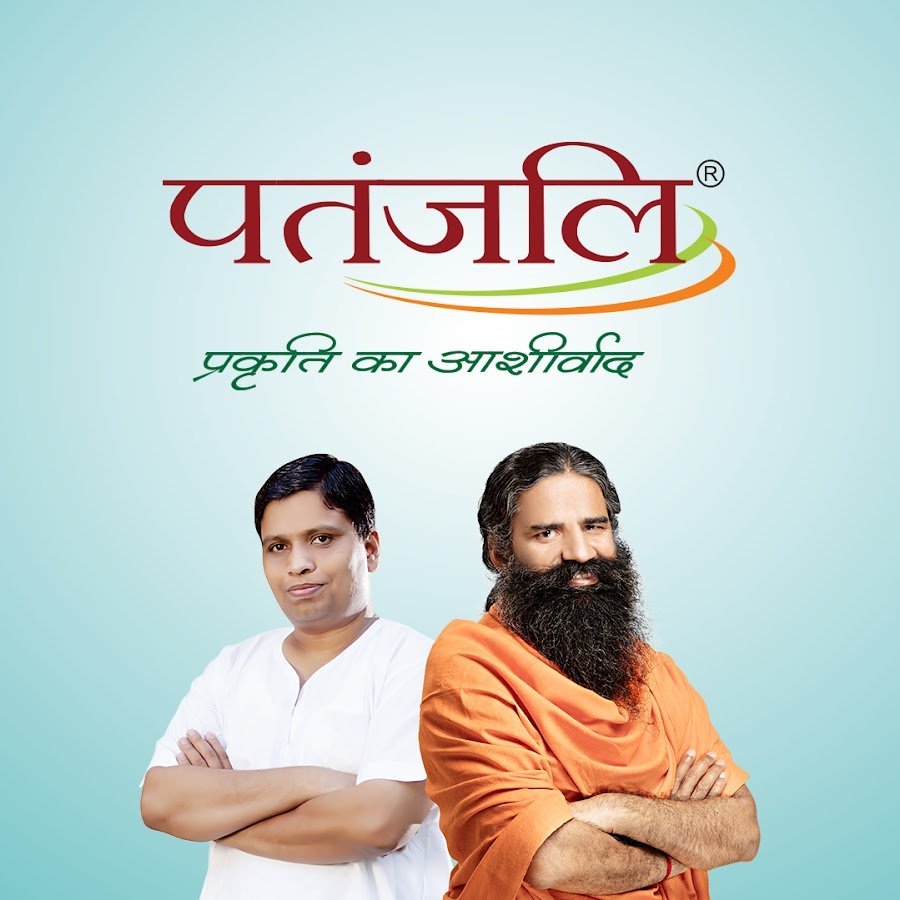Supreme Court Rejects Baba Ramdev’s Apology in Patanjali’s Misleading Advertisements Contempt Case

Supreme Court Rejects Baba Ramdev’s Apology in Patanjali’s Misleading Advertisements Contempt Case In a significant turn of events at the apex court, Yoga Guru Baba Ramdev, along with Patanjali Ayurved’s Managing Director Acharya Balkrishna, faced a stern rejection of their apology in a contempt case related to misleading advertisements. The Supreme Court, unswayed by the attempted conciliatory gesture, rebuffed the apology as mere “lip service,” highlighting an apparent defiance and belligerence in their conduct.
Supreme Court Rejects Baba Ramdev’s Apology in Patanjali’s Misleading Advertisements Contempt Case
The episode unfolded against the backdrop of a contentious issue stemming from Patanjali Ayurved’s dissemination of advertisements claiming miraculous cures for various ailments. This controversy, which has simmered for some time, reached a crescendo when the Supreme Court summoned Ramdev and Balkrishna to explain their failure to respond to a contempt notice.
Court Deems Apology “Perfunctory” as Ramdev Faces Scrutiny Over False Cure Claims
The Court’s rebuke was unequivocal, signaling a hardline stance against what it deemed as persistent disregard for its directives. Despite earlier opportunities to address concerns raised by the judiciary, the Patanjali leadership found itself confronted with mounting scrutiny and judicial censure.
At the heart of the matter lies the contentious nature of advertisements promoting medicinal cures, a domain where stringent regulations intersect with public health concerns. The Supreme Court’s rebuff underscores a broader imperative to uphold the integrity of legal directives aimed at safeguarding public welfare.
The courtroom drama unfolded with Ramdev and Balkrishna personally appearing before the bench, accompanied by their legal counsel. However, their attempt to extend an olive branch through an apology met with a resounding rejection from the judiciary.
The Court’s characterization of the apology as “perfunctory” underscores its skepticism towards what it perceived as a superficial attempt to mollify concerns. Moreover, the Court’s observation of “absolute defiance and belligerence” on the part of the defendants paints a picture of entrenched resistance to judicial oversight.
Amidst the legal wrangling, questions linger over the role of regulatory authorities and the government in curbing the proliferation of misleading advertisements. The Court’s scrutiny extended beyond the defendants to include inquiries into the government’s response to the issue, highlighting a broader institutional accountability.
As the case unfolds, it serves as a potent reminder of the complexities inherent in regulating advertising practices, especially in sensitive domains such as healthcare. Beyond legal ramifications, the episode raises pertinent questions about corporate responsibility and ethical conduct in the realm of marketing and promotion.
In navigating these challenges, the Supreme Court’s uncompromising stance underscores its commitment to upholding the rule of law and safeguarding the public interest. The rejection of the apology serves as a stark warning to entities engaging in deceptive advertising practices, signaling a new era of judicial vigilance.
As the legal battle rages on, all eyes remain fixed on the courtroom proceedings, where the clash between commercial interests and public welfare continues to unfold. In the corridors of power and the courtrooms of justice, the saga of Patanjali’s misleading advertisements resonates as a cautionary tale, underscoring the imperative of transparency, accountability, and ethical conduct in the realm of advertising.
Also read: Unleashing Your Potential Lessons from ‘Sholay’ for Freshers!


